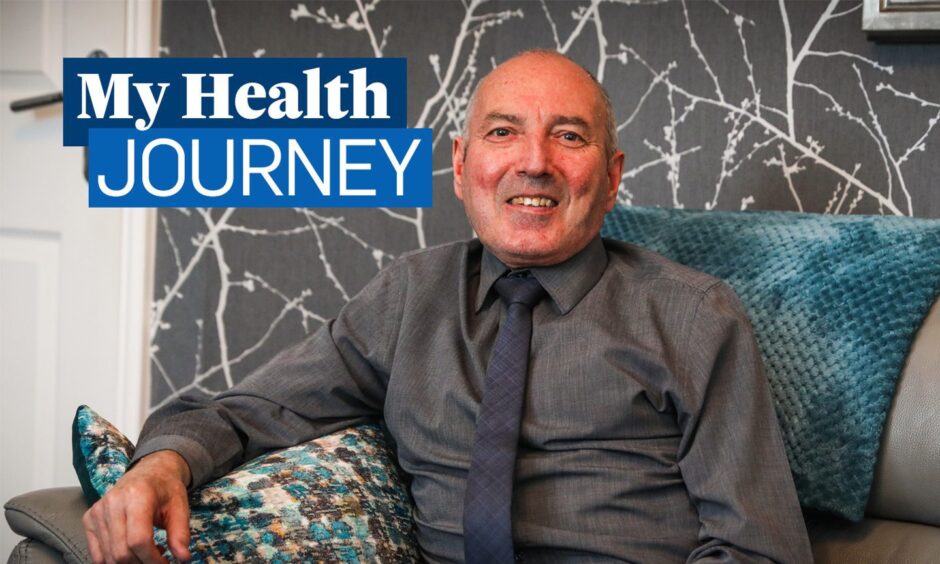
Alan Cromwell has never forgotten the turkey dinner he had on Christmas Day in 1983.
It was the first Christmas dinner with all the trimmings he was able to enjoy in years – with salt, sauce and no restrictions.
Alan had just left hospital after undergoing a lifesaving kidney transplant operation.
He had spent the previous two and a half years on dialysis, having regular treatment because one of his kidneys was failing.
“I had my kidney transplant on December 13, 1983 at the former Jervis Street Hospital in Dublin,” Alan, 57, explained.
“I was able to get out of hospital for the day because it was Christmas and my ma had a special dinner she made for me.
“It was turkey with all the trimmings and it tasted so good!
“Before my transplant I was on a strict diet.
“But afterwards, I was able to eat everything just the way it was, with no restrictions.
“I will always remember that Christmas.”
This month Alan, who lives in Monifieth, is marking 40 years since he had his kidney transplant.
It is a remarkable feat considering the lifespan of a kidney from a deceased donor is currently between 15 and 20 years.
When did Monifieth man Alan find out he needed a kidney transplant?
Alan, who is originally from Dublin, was only 14 when he started feeling unwell.
He had no idea that one of his kidneys was failing.
“I was in my second year at secondary school, St Paul’s, and I used to love playing football,” he recalls.
“I was also on the athletics team.
“But I found I was getting slower and I wasn’t able to keep up with the others.
“I had swollen ankles and was short of breath a lot.
“So I went to the doctor’s to have a check-up and he told me I had problems with my kidneys.
“I was then taken to the Mater Hospital, which is a different hospital in Dublin, for tests over a couple of weeks.
“They discovered through the tests that I had a good kidney and a bad kidney.
“I think my bad kidney was the right one because that is where the transplant is.”
Having kidney dialysis
Alan went through three dialysis sessions a week, with each one lasting four hours.
“I had dialysis on a Monday, Wednesday and a Sunday.
“So after school on a Monday and Wednesday I would go to the Jervis Street Hospital and on a Sunday my dad would take me along.
“It took up a lot of my time, especially as it was four hours on the machine.
“It was difficult because I was in a youth club and all my friends were running around playing football and I just wasn’t feeling up to it.”
Alan also had restrictions on what he could eat and drink. The amount of fluid you can drink is severely restricted with Alan only allowed to drink a litre of fluid a day.
He was also only allowed certain types of food, usually without salt, as minerals could build up to dangerous levels quickly between treatment sessions.
“I had to have my food prepared differently.
He said they boiled his potatoes twice, to lower levels of potassium, as the mineral could kill him.
“I also wasn’t allowed sauce because they are often high in salt.
“Chocolate or oranges were also not allowed as both had potassium in them. I had to be very careful about what I was eating and my diet was very strict.
“I had anaemia back then so I was quite pale. When you looked at me I was gaunt and didn’t have a lot of muscle.”
Alan’s lifesaving kidney donor
Alan said he was told before he went on dialysis that he would eventually need a kidney transplant.
“The police came up to the house. I think they came because of the urgency to get me to hospital for the transplant.
“The transplant happened the next day. I had been delighted to get the kidney, but I still didn’t know what lay ahead.
“It’s only when you look back that you realise how amazing it was.”
Alan was in hospital for three months after the transplant recovering from the operation.
“They don’t tell you anything about the donor.”
“I knew it came from Wales, and that someone had died so that I could have the kidney, but I didn’t know any other details.
“I remember being told it was a very good match – maybe that is why the kidney has lasted so long.”
The dad-of-two said he has never been a hospital in-patient since.
Monifieth man competed at World Transplant Games – four times
Alan takes medication at his home in Monifieth every day to maintain kidney function – but he has never needed to change his tablets since he had the transplant four decades ago.
He went on to compete in the World Transplant Games four times – in Austria, Hungary, Canada and finally in England in 1995.
He competed as a runner in various distances and in badminton.
“I know people who have had transplants and still been quite sick afterwards,” he said.
“But I have been pretty lucky that I have been fit and healthy since I got mine.”
Alan, who works for the NHS as an assistant payroll team leader, moved to Craigie in Dundee in 1996.
He lived there until 2006 before moving to Monifieth.
Alan went on to have his own family.
He is married to wife Beverley, 59 and they have two children, Conor, 25 and Hannah, 24.
“My family know I have had a kidney transplant but I don’t think they know the full story.
“I don’t really speak about it. I am sure if they read it they might think it was great.”
With reaching the milestone this month, the dad-of-two is now thinking about reaching out to the family of his kidney donor.
“With it being the 40th anniversary, I was thinking of getting in touch with the family of the person who donated the kidney.
“You can’t give them any details like your name and where you live but you can thank them.
“There is an organisation you can send an email to and it can pass your message on to the family.”
He added: “Someone died to give me life and I feel it is important to say thank you for that.”
Dr Graham Stewart, consultant in renal services at Ninewells Hospital, Dundee said the current quoted lifespan of a kidney from a deceased donor is 15-20 years.
Although the lifespan would have been less than this when Alan had his transplant in the 1980s – making it even more remarkable.
Dr Stewart said: “I look after patients after they have received a transplant, seeing them regularly in clinic to ensure their transplants continues to function and they stay well.
“Alan has done really well, his transplant has lasted longer than most.
“To be a 17-year-old boy when receiving a transplant and now to be contemplating retirement, he is an amazing example of the difference a transplant can make to someone’s life.”
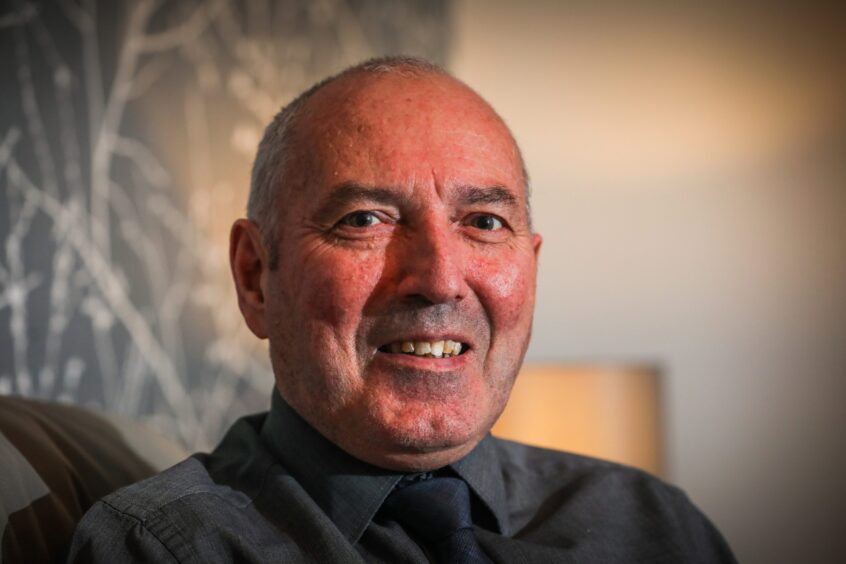
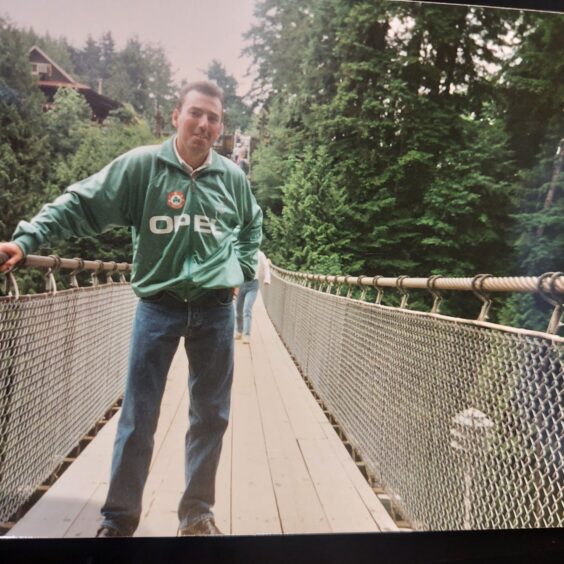
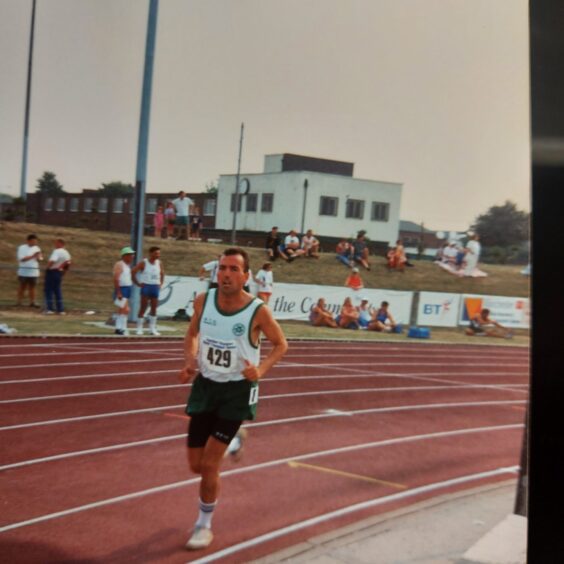
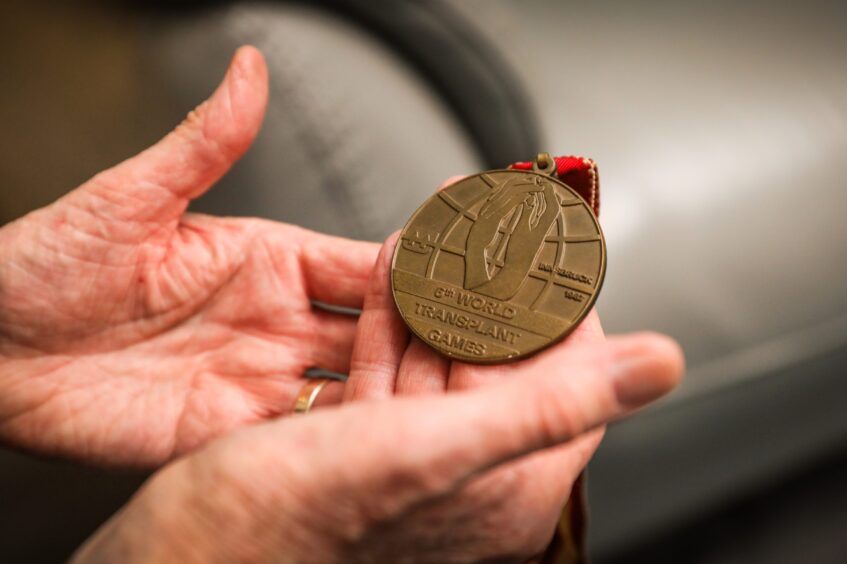
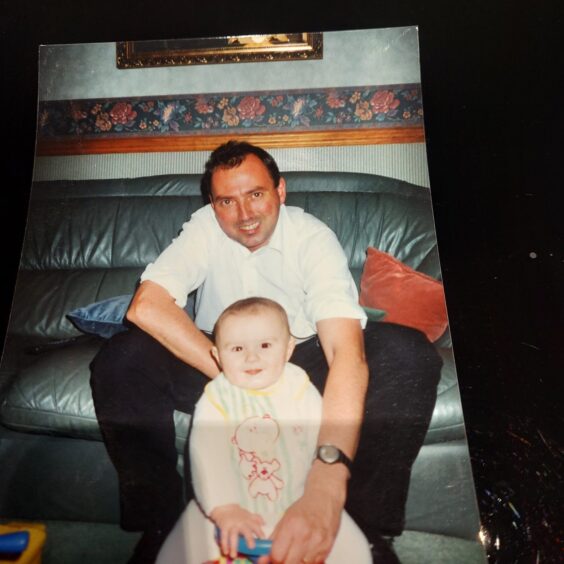
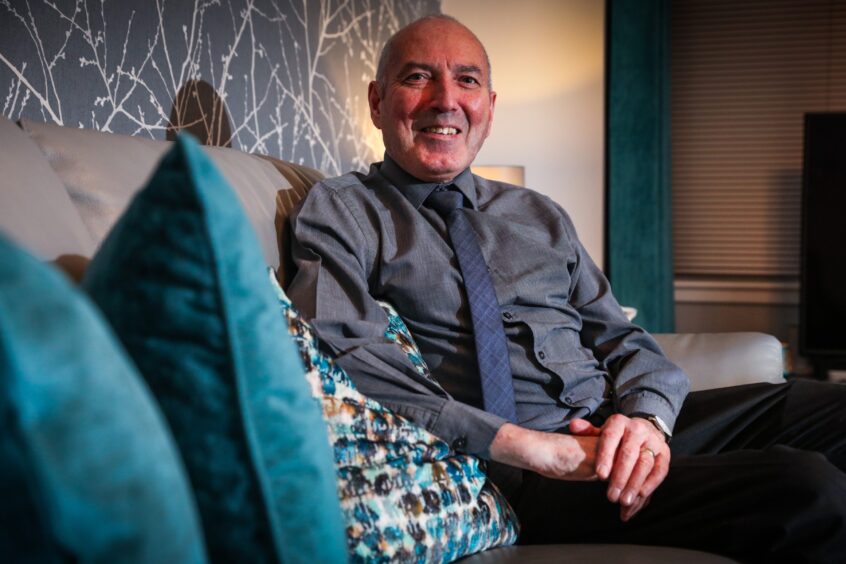
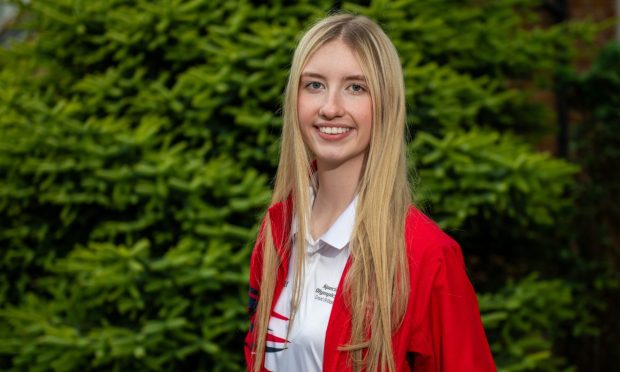
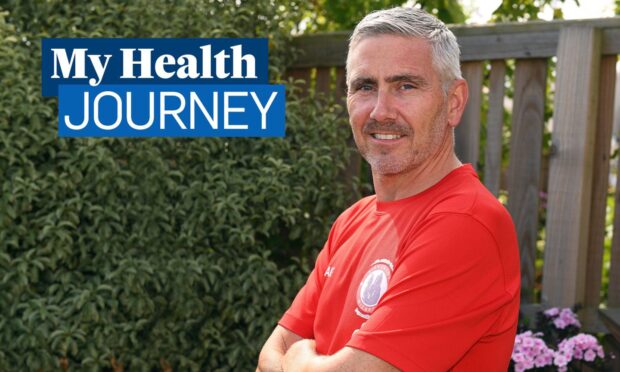
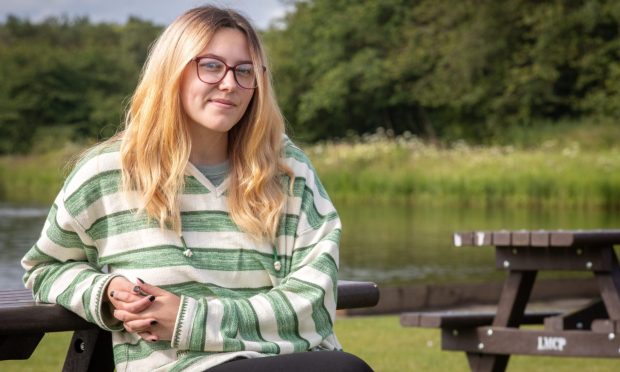
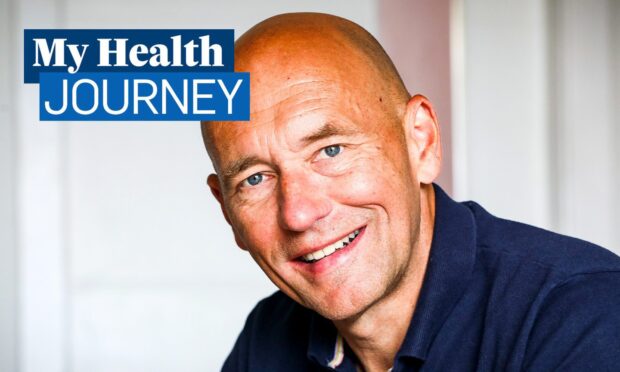

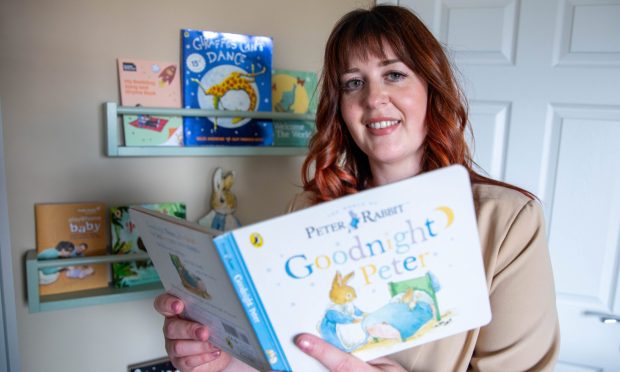
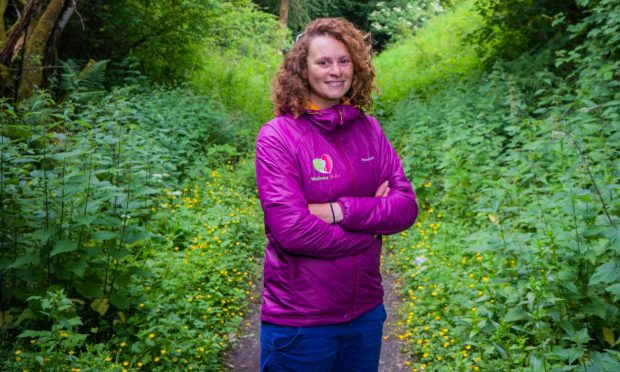
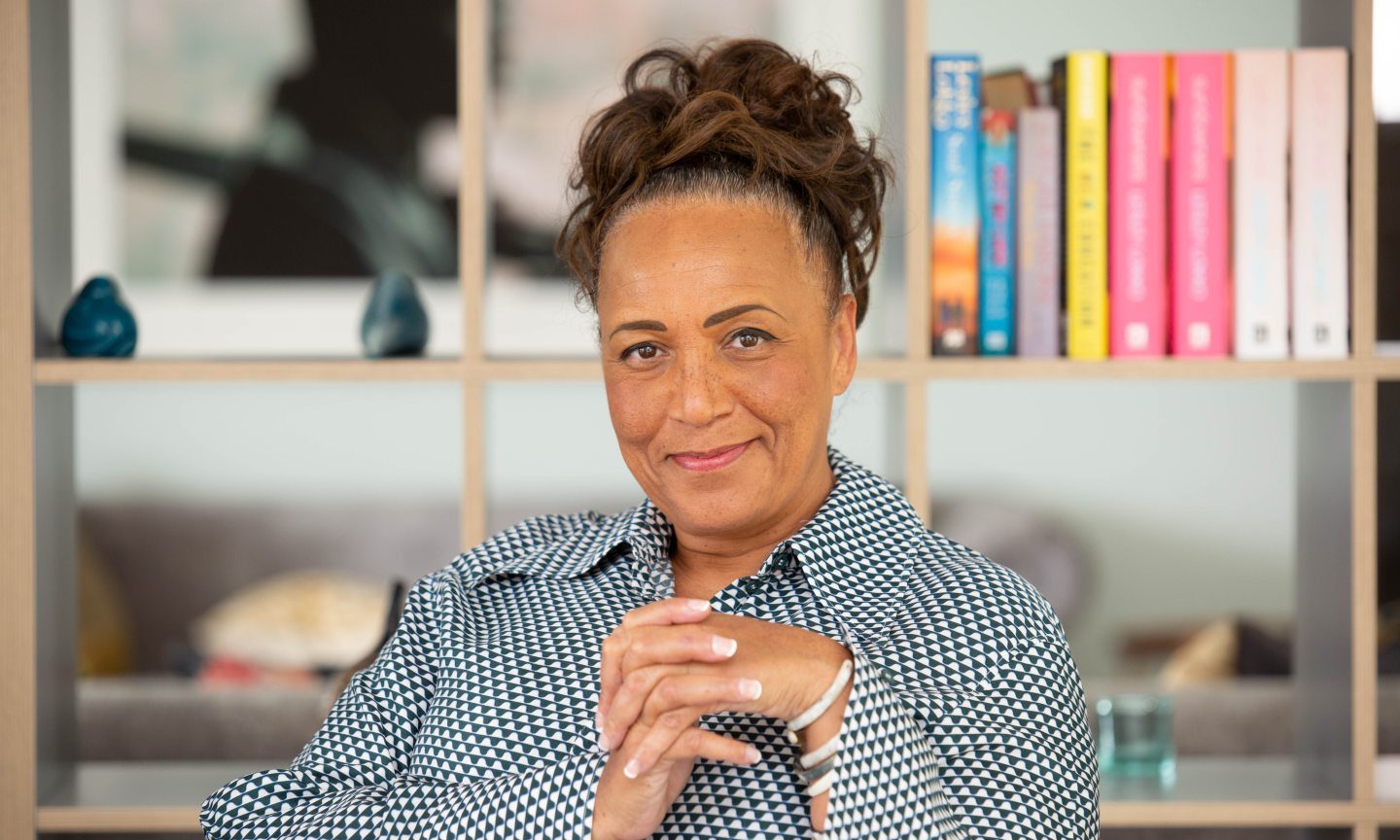

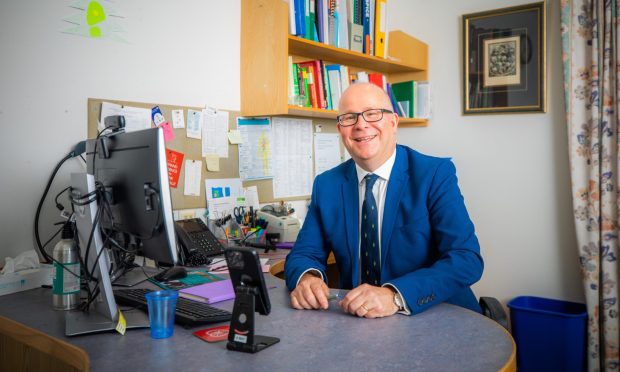
Conversation